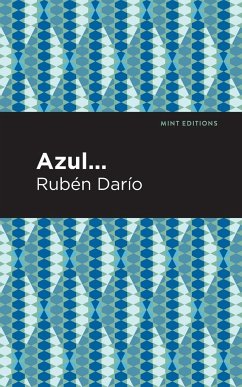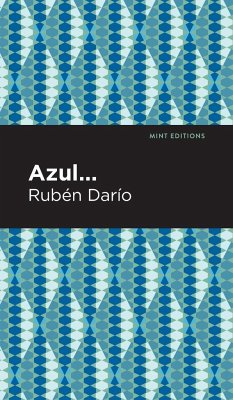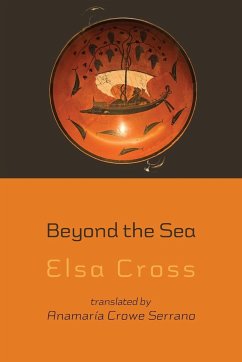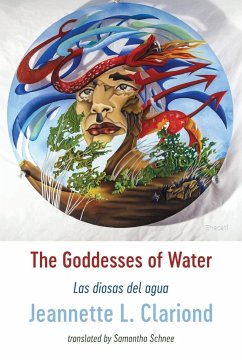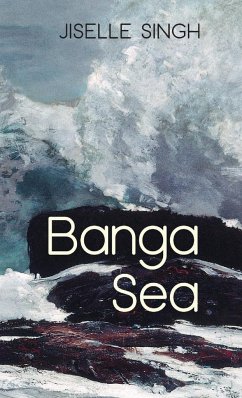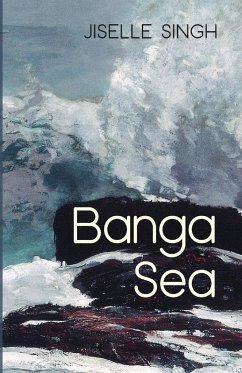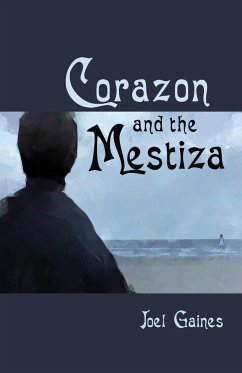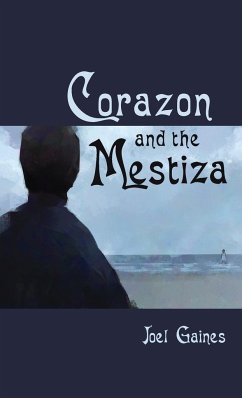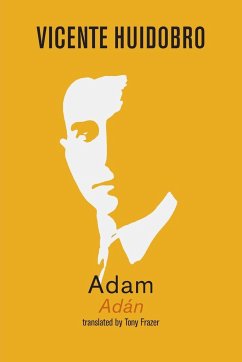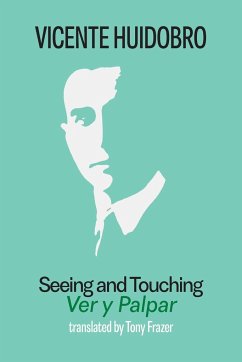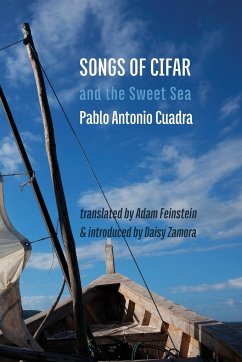
Songs of Cifar and the Sweet Sea

PAYBACK Punkte
10 °P sammeln!
Songs of Cifar and the Sweet Sea is one of Cuadra's most significant works. On one level it looks back knowingly at Homer's Odyssey, but it also rejects the classical epic in favour of "something humble or marginal, a primitive or naïve epic with the characteristics of Cifar the sailor, a restless seafarer and impenitent lover with an adventurous and bohemian soul, who played the harp and the guitar admirably - but even with all his exuberant capacity for adventure, Cifar was no more than a poor, frustrated Odysseus, who drowned, like a humble Li Po, on his way back from a party." Lake Cocibo...
Songs of Cifar and the Sweet Sea is one of Cuadra's most significant works. On one level it looks back knowingly at Homer's Odyssey, but it also rejects the classical epic in favour of "something humble or marginal, a primitive or naïve epic with the characteristics of Cifar the sailor, a restless seafarer and impenitent lover with an adventurous and bohemian soul, who played the harp and the guitar admirably - but even with all his exuberant capacity for adventure, Cifar was no more than a poor, frustrated Odysseus, who drowned, like a humble Li Po, on his way back from a party." Lake Cocibolca, where Cifar's adventures take place, is the repository of legends, fables, and mythical ctions. Lake Cocibolca shapes the destiny of Nicaraguans, because it is the inner sea, placed in Nicaragua's breast, placed within its body as in a case of possession. Cuadra compares Cocibolca to a gigantic mirror, a crystal of Nicaragua's history in which dreams and frustrations are reflected. (Excerpted from Daisy Zamora's Introduction).





